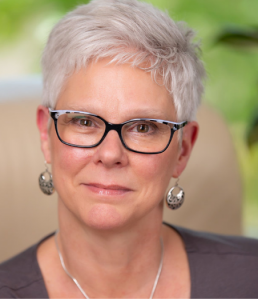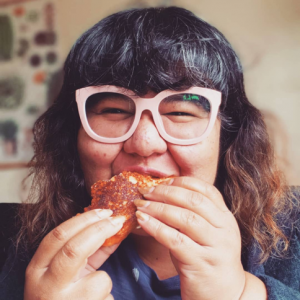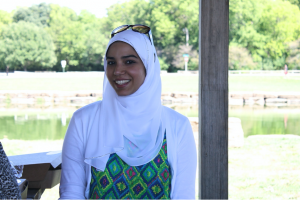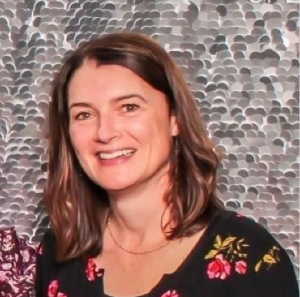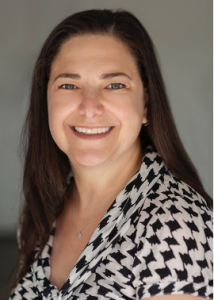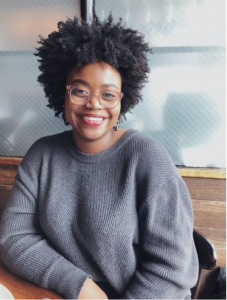
Meghan Watson, M.A. RP, Founder and Managing Director of Bloom Psychology & Wellness.
What is your current position?
I am a Registered Psychotherapist in private practice in Toronto ON. I am the Founder and Managing Director of Bloom Psychology & Wellness, a psychology group practice focused on supporting the mental health and wellness of BIPOC clients in the Ontario Canada area. I work with clients through the clinic, provide consultation on workplace mental health to organizations and companies, as well as provide consultation/ education and supervision for other clinicians in private practice.
How did you get started in your career?
I completed my undergrad in Psychology at McGill university, and had originally thought I wanted to be a neuropsychologist, or work with social identity and group behaviour. I was a research lab manager for a social psychology lab focused on intergroup relations, as well as volunteered with labs in neuropsychology, relationships and motivation. I ended up applying to masters level programs for counselling and psychotherapy to gain more experience outside of academia. My first foray into eating disorders treatment was in my practicum during grad school, where I worked for a national US eating disorder treatment centre. Prior to this, I had not had any experience working with eating disorders and at the time was curious about exploring everything and anything I hadn’t learned before. I had the opportunity to work in multiple levels of care from residential programs to running aftercare and outpatient groups, and felt that the work was necessary and not discussed enough within the black and brown community. I ended up working in a large lgbtqia+ focused healthcare centre where I refined my skills in outpatient therapy and anti oppressive work, and over the years have worked in substance use rehabilitation centres, in inpatient and residential trauma and mood programs. Now, I work in private practice and have continued to work within eating disorders, complex mood and anxiety disorders, focusing specifically on the intersections of these within the BIPOC and lgbtqia+ community.
What advice would you give to someone new to the field?
My best advice to someone new in the field is to build a community of likeminded peers that share your values for the work you do. So much of our clinical work is rooted in developing expertise and learning new ways to treat clients and different modalities, that the learning process can be incredibly isolating. Start with what brings you meaning and value first, and you will never lose sight of your purpose. Bring others along with you who share your visions and work together on making it happen.
Find Meghan on Instagram @thrive_withmeg

